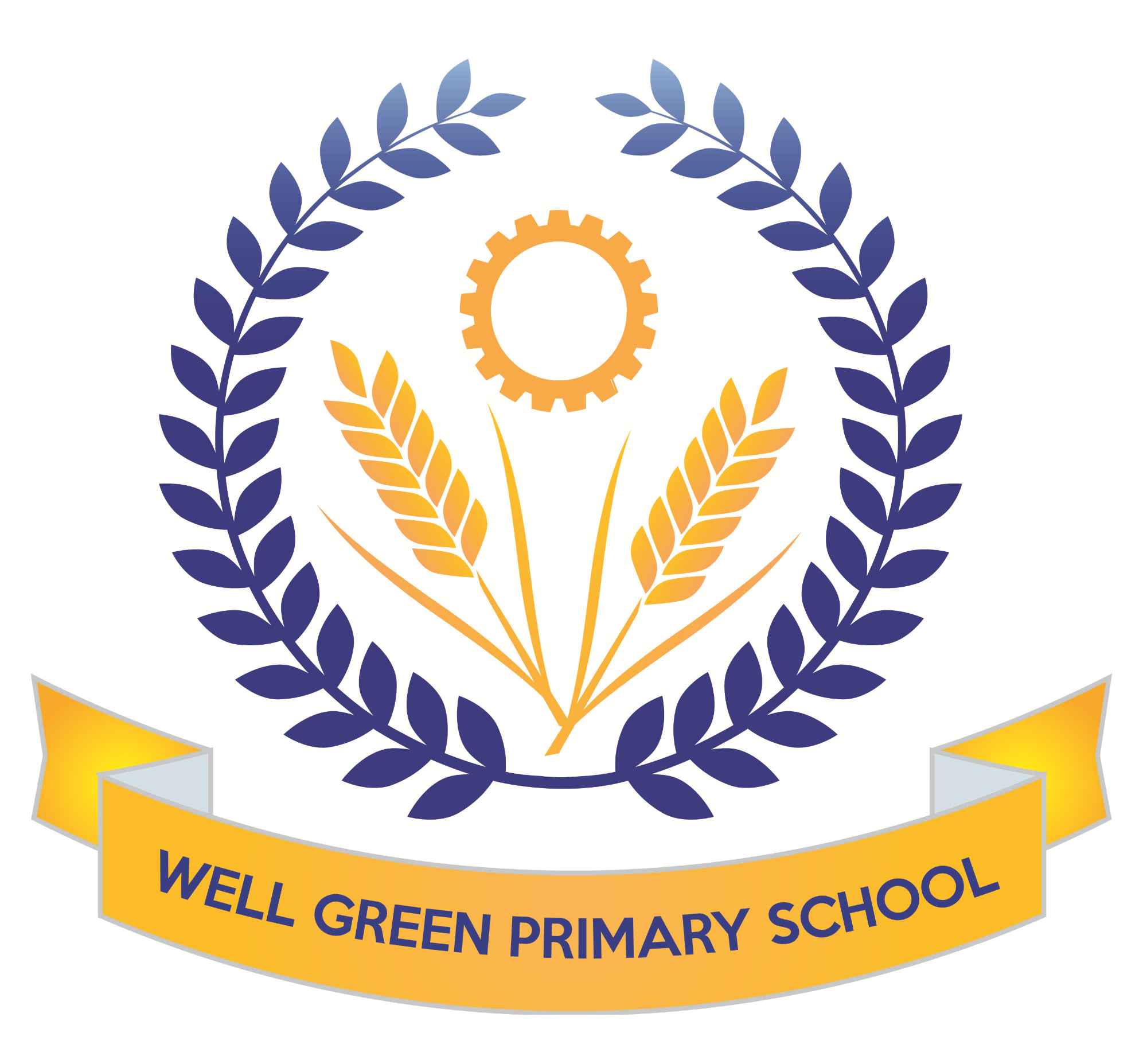Science
The Importance of Science in Well Green Primary School
Science education in primary schools is foundational for fostering curiosity, critical thinking, and an understanding of the natural world. At an early age, children are naturally inquisitive, asking questions like “Why is the sky blue?” or “How do plants grow?” Introducing science at this stage nurtures that innate curiosity and lays the groundwork for lifelong learning.
Key Reasons for Science Education at Well Green Primary School:
- Encouraging Curiosity and Exploration
Science engages children in exploring their surroundings and understanding basic concepts about life, energy, and materials. It inspires them to ask questions and seek answers, fostering a spirit of inquiry. - Building Critical Thinking Skills
Through experiments and observations, children learn to hypothesize, test ideas, and draw conclusions. These critical thinking and problem-solving skills are transferable to many aspects of life and future learning. - Developing Scientific Literacy
A basic understanding of science is essential for informed decision-making, from personal health to environmental stewardship. Early exposure ensures children grow up with a scientific perspective. - Inspiring Future Careers
Early engagement can spark interest in science-related careers, addressing global challenges in fields like technology, medicine, and sustainability. - Understanding the World
Science helps children make sense of the world, from the functioning of their own bodies to the stars in the sky. This understanding fosters a sense of awe and responsibility for the planet.
Albert Einstein once said:
"The important thing is not to stop questioning. Curiosity has its own reason for existing."
This quote highlights the essence of why science is crucial in primary schools—cultivating the natural curiosity of young minds to explore, question, and understand the world around them.
In conclusion, incorporating science into primary education equips children with the tools to navigate an increasingly complex world while nurturing their curiosity and preparing them for future challenges.
Intent:
Science teaching at Well Green seeks to:
- Develop scientific knowledge and conceptual understanding through the specific disciplines of biology, chemistry and physics
- Develop an understanding of the nature, processes and methods of science through different types of science enquiries that help them to answer scientific questions about the world around them
- Ensure that our pupils are equipped with the scientific skills required to understand the uses and implications of science, today and for the future. We understand that it is important for lessons to have a skills-based focus, and that knowledge can be taught through this
Our science curriculum is designed to develop knowledge and skills that are progressive, as well as transferable, throughout their time at Well Green Primary and also for their further education and beyond.
Implementation:
Our science curriculum is taught in blocks to ensure that physics, chemistry and biology-based topics are covered alongside progressive Working Scientifically skills within each year group. Lessons are designed to build upon the learning and skill development of previous years.
Working scientifically, skills are embedded into lessons to ensure these skills are developed throughout the children’s school career and new vocabulary and challenging concepts are introduced through direct teaching. Our Kagan strategies, based on collaborative learning in small groups, promote depth of learning as children are able to share their ideas and formulate their own questions in a mutually supportive environment where everyone’s ideas are valued. Weekly planning for science is evaluated by teachers and assessments are made about children’s learning in each lesson. Termly assessment tasks from Bath Spa University, which focus on specific Working Scientifically skills, are designed to further monitor and assess children’s learning and progress. Children are encouraged to record their understanding of concepts using graphs, tables and photographs with high expectations placed on clear and concise writing where appropriate.
Impact:
The school has a supportive ethos and our approaches support the children in developing their collaborative and independent skills, ensuring that all children experience challenge and success in science by developing a Growth Mindset. Outcomes in science books clearly evidence a broad and balanced science curriculum and demonstrate children’s acquisition of identified key knowledge and skills. Our successful approach results in a fun, engaging, high-quality science education that provides children with the foundations and knowledge for understanding the world.
